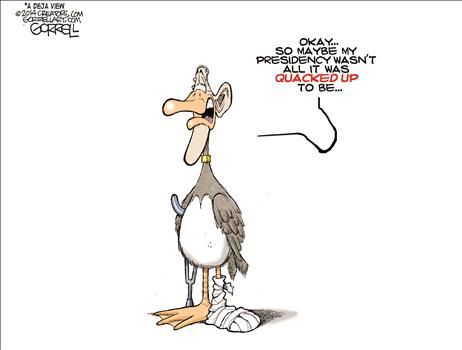Much of that is revisionist history.
Most jews did not want to immigrate to palestine. Prior to the war, the Zionisits failed to get jews to immigrate in any meaningful way. They tried and were considered as a failed movement. During the war, the Nazi invasion, jews were not allowed to immigrate and most would not have immigrated to palestine anyway. They wanted to come here but were turned away. After the war, the Zionists fought against fundraising and immigration efforts to other countries to force jew refugees to immigrate to palestine.They might not have had anything other than the shirt on their back but they went to palenstine, not because they wanted to, but because that is where the Zionists forced them to go.
“In 1936, the Social Democratic Bund won a sweeping victory in Jewish kehilla elections in Poland...Its main hallmarks included ‘an unyielding hostility to Zionism’ and to the Zionist enterprise of Jewish emigration from Poland to Palestine. The Bund wished Polish Jews to fight anti-semitism in Poland by remaining there...The Zionist goal was also opposed, as a matter of principle, by all the major parties and movements among pre-1939 Polish Jewry...”Elsewhere in eastern Europe...Zionist strength was weaker still.” Prof. William Rubinstein, “The Myth of Rescue.”
“In fact, Zionism suffered its own defeat in the Holocaust; as a movement, it failed. It had not, after all, persuaded the majority of Jews to leave Europe for Palestine while it was still possible to do so.” Israeli historian, Tom Segev, “The Seventh Million.”
“[With the start of the war, Nazi] edicts forbidding emigration followed in all countries under direct Nazi control: after 1940-1 it was in effect impossible for Jews legally to emigrate from Nazi-occupied Europe to places of safety...The doors...were firmly shut: by the Nazis, it must be emphasized.” Prof William D. Rubinstein, “The Myth of Rescue.
“In September 1940, the Italians, at war with Britain, bombed downtown Tel Aviv, with over a hundred casualties...As the German Army overran Europe and North Africa, it appeared possible that it would conquer Palestine as well. In the summer of 1940, in the spring of 1941, and again in the fall of 1942 the danger seemed imminent. The yishuv panicked...Many people tried to find a way out of the country, but it was not easy...Some...were taking no chances; they carried cyanide capsules.” Israeli historian, Tom Segev, “The Seventh Million.”
“What if Canada, Australia, South America, England and the United States were all to open a door to some migration? Even today [written in 1947] it is my judgement, and I have been in Germany since the war, that only a minority of the Jewish DP’s [displaced persons] would choose Palestine...
“[Roosevelt] proposed a world budget for the easy migration of the 500,000 beaten people of Europe. Each nation should open its doors for some thousands of refugees...So he suggested that during my trips for him to England during the war I sound out in a general, unofficial manner the leaders of British public opinion, in and out of the government...The simple answer: Great Britain will match the United States, man for man, in admissions from Europe...It seemed all settled. With the rest of the world probably ready to give haven to 200,000, there was a sound reason for the President to press Congress to take in at least 150,000 immigrants after the war...
“It would free us from the hypocrisy of closing our own doors while making sanctimonious demands on the Arabs...But it did not work out...The failure of the leading Jewish organizations to support with zeal this immigration programme may have caused the President not to push forward with it at that time...
“I talked to many people active in Jewish organizations. I suggested the plan...I was amazed and even felt insulted when active Jewish leaders decried, sneered, and then attacked me as if I were a traitor...I think I know the reason for much of the opposition. There is a deep, genuine, often fanatical emotional vested interest in putting over the Palestinian movement [Zionism]. Men like Ben Hecht are little concerned about human blood if it is not their own.” Jewish attorney and friend of President Roosevelt, Morris Ernst, “So Far, So Good.”
























